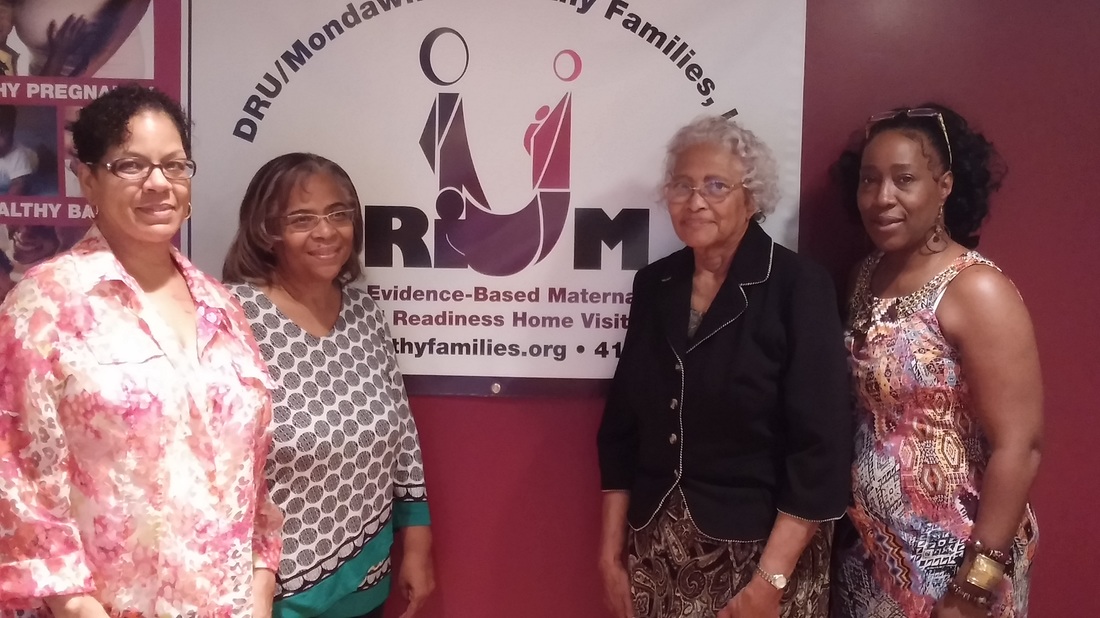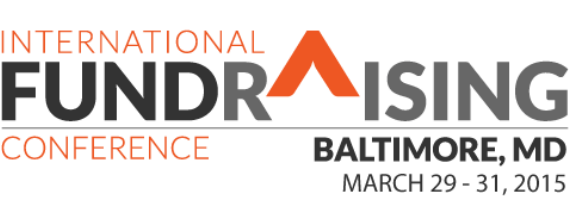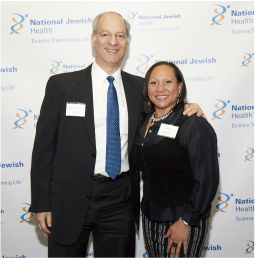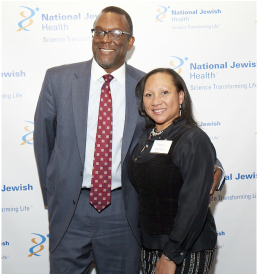The New Jersey Chapter of the Assocication of Fundraising Professionals invites you to their 35th Annual Conference on Philanthropy, Thursday, November 12, 2015.
Register and pay by 5 pm, August 31 to get Early Bird rates!
Get more information here:
http://www.afp-nj.org/programs-events/cop/





 RSS Feed
RSS Feed
